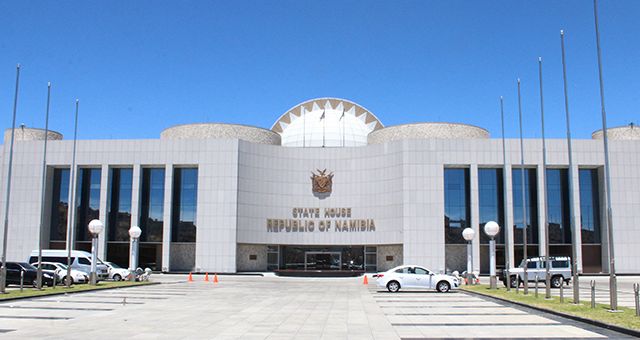A LEADING World Bank economist has warned that the biggest hurdle to developing countries’ growth during the financial crisis is the state of the local economy and not international demand for export commodities.
There has been much doom and gloom recently over Namibia’s economic prospects as the sales of its exports, especially diamonds, have started to dwindle.
Hans Timmer, manager of the Global Trends Team in the Development Prospects Group of the World Bank, said trade is not the most important channel for developing countries’ economies.
He argued that demand from the US, the world’s biggest importer, had been decreasing for years and yet emerging economies could absorb the slowdown in exports because of strong local growth.
According to Timmer, the real problems of the crisis are a lack of available credit to businesses and therefore a drop in demand for durable goods as new investment slows.
He added that worries about the crisis are making the situation worse because they lead to decisions based on ‘just psychology’.
For example, Timmer said most banks have tightened up their lending practices considerably even though some had only indirect exposure to the crisis.
This makes it hard for businesses to access money for new investments.
Timmer therefore advised governments to actively engage in growth stimulation policies.
He forecast a 1,7 per cent shrinking of total world economic output in 2009 and a massive 3 per cent drop in GDP for developed economies.
Timmer warned developing countries could expect ‘a sharp deterioration of their fiscal positions’ over the next two years.
He said even countries like Namibia with a recent history of fiscal surpluses would struggle.
Even though there would most likely be international growth again next year, Timmer said this would be too little to make a considerable impact in terms of issues like job creation.
He forecast continuing problems for several years for most economies, as the crisis is ‘something that will really change the world’.
According to his research unit’s predictions, developing countries would need between U$270 billion and U$450 billion in extra fiscal support to overcome the crisis as debt financing becomes more difficult.
He said this was the focus of the recent G20 summit held in London because there is increasing concern about developing countries’ economies collapsing.
Stay informed with The Namibian – your source for credible journalism. Get in-depth reporting and opinions for
only N$85 a month. Invest in journalism, invest in democracy –
Subscribe Now!










